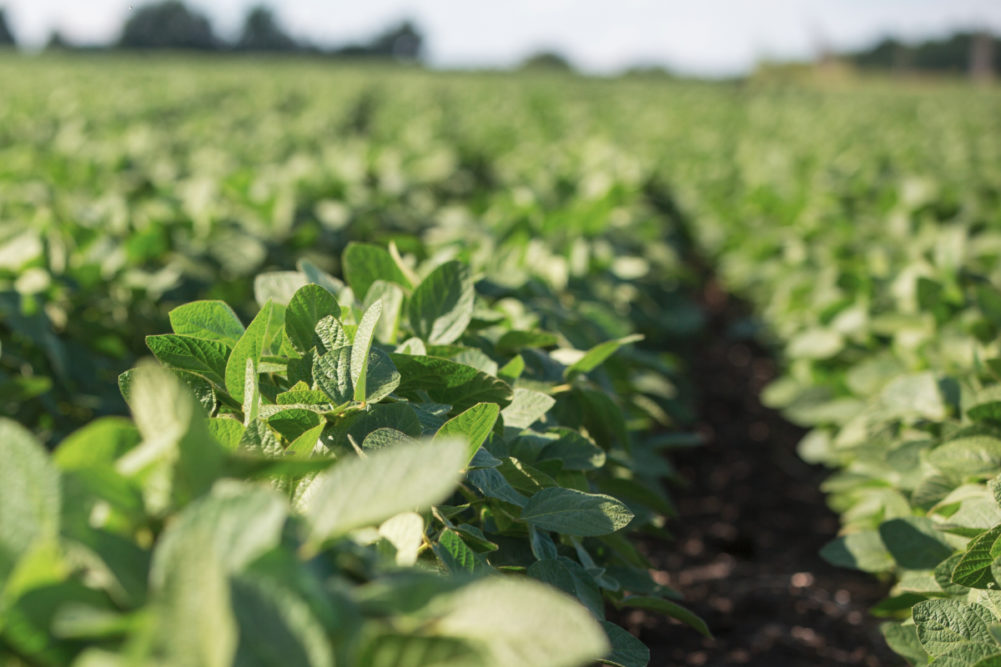BUENOS AIRES, ARGENTINA — Argentina’s 2019-20 soybean production estimate has been raised to 54.1 million tonnes due to improved growing conditions in the region, according to a March 5 Global Agricultural Information Network report from the U.S. Department of Agriculture (USDA).
If the upward revision is realized, it will still fall well short of the country’s record crop of 61.4 million tonnes in 2014-15. It also would be slightly lower than last year’s output of 55.3 million tonnes.
“First crop soybeans in the northern portions of the core region are filling pods and are approaching harvest while floration continues in the south,” the USDA said. “Yields are projected to be above average. However, below-average rainfall in parts of the core growing region since mid-February has raised concerns for second crop soybeans.”
Earlier this week, the new Argentine government announced plans to raise taxes on soybean, soy oil and soy meal exports to 33% from the current 30%, as the government moves to increase revenue ahead of a planned sovereign bond restructuring.
Ministry officials met with farm groups on March 3 to discuss the new policy, which is part of President Alberto Fernandez’s plan for making the country solvent after announcing it will have to revamp about $100 billion in what it calls unsustainable debt.





